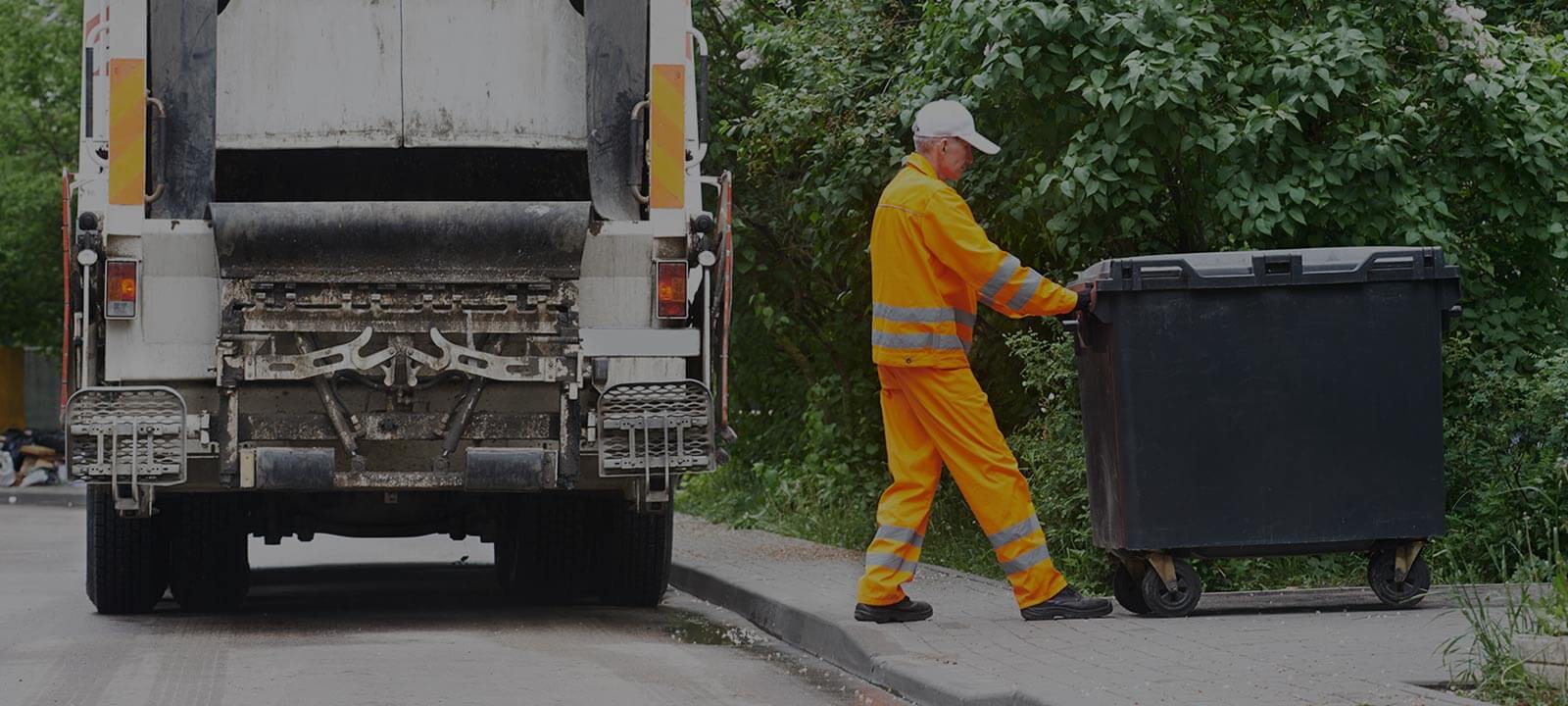Landfill Crisis Across the Globe
Posted on 10/02/2025
The world is facing an unprecedented waste management crisis. Landfills are overflowing, causing severe environmental, health, and social issues. This alarming situation demands our immediate attention and actionable solutions. Let's delve deeper into the causes, impacts, and potential remedies for the landfill crisis across the globe.
The Scale of the Problem
According to the World Bank, the world generates approximately 2.01 billion tonnes of municipal solid waste annually. Of this, 33% is not managed in an environmentally safe manner. By 2050, this figure is expected to grow by 70% if current trends continue. Developing countries are particularly hard hit, with waste management systems struggling to keep up with the growing influx of garbage.

Environmental Impact
Landfills are a major source of environmental pollution. They release harmful gases like methane, a greenhouse gas that is 28 times more potent than carbon dioxide. Additionally, toxic liquids known as leachate can seep into soil and groundwater, contaminating drinking water supplies and harming ecosystems.
Air Pollution
Decomposing organic waste in landfills emits gases such as methane, carbon dioxide, and volatile organic compounds (VOCs). These gases contribute to air pollution and climate change. The recent rise in global temperatures can be partially attributed to the emissions from landfills.
Water Pollution
Leachate, a toxic liquid formed when rainwater filters through waste, can contaminate groundwater and nearby rivers. This pollution can severely affect aquatic life and jeopardize human health.
Soil Degradation
The accumulated waste can lead to soil degradation, making land unusable for agriculture or construction. This poses a severe threat to our food supply and urban development.
Health Risks
The landfill crisis is not only an environmental issue but also a significant health concern. Communities living near landfills are exposed to hazardous pollutants that can lead to respiratory problems, skin diseases, and other chronic illnesses. Children and the elderly are particularly vulnerable.
Economic Consequences
Poor waste management can have dire economic repercussions. Governments spend billions of dollars on waste management and related health care. Additionally, the decline in property values near landfills can negatively impact local economies.
Potential Solutions
Addressing the landfill crisis requires a multi-faceted approach that includes waste reduction, recycling, and innovative waste management technologies.
Waste Reduction
The most effective way to tackle the landfill crisis is to produce less waste. Governments, corporations, and individuals must all play a role. Policies promoting zero-waste lifestyles, such as banning single-use plastics, can make a significant difference.
Improved Recycling
Recycling can substantially reduce the amount of waste that ends up in landfills. Countries with robust recycling programs, such as Germany and South Korea, have significantly lower landfill rates. Investing in better recycling infrastructure and public education can help improve recycling rates worldwide.
Technological Innovations
New technologies can also offer solutions. Waste-to-energy plants convert waste into usable energy, thereby reducing landfill volumes. Advanced sorting and recycling technologies can increase the efficiency of material recovery.
Policy Interventions
Governments must enforce stringent regulations on waste management. Policies like Extended Producer Responsibility (EPR) can ensure that manufacturers take responsibility for the disposal of their products. International cooperation is also essential for sharing best practices and technologies.
Pros and Cons
Pros
1. Environmental Preservation: Effective management can reduce pollution and conserve natural resources.
2. Energy Production: Waste-to-energy technologies can generate renewable energy.
3. Job Creation: Improving waste management systems can create numerous job opportunities.
Cons
1. Initial Costs: Implementing new technologies and infrastructure can be expensive.
2. Public Resistance: People may resist changes in their consumption and waste disposal habits.
3. Technical Challenges: Advanced recycling and waste-to-energy technologies require substantial technical expertise.
Tips for Individuals
1. Reduce Waste: Opt for products with minimal packaging.
2. Reuse: Use reusable shopping bags, containers, and other items.
3. Recycle: Ensure that you segregate your waste and participate in local recycling programs.
4. Compost: Organic waste can be composted to reduce landfill burden.
5. Support Policies: Advocate for policies that promote sustainable waste management.

Takeaways
- The landfill crisis is a complex issue requiring urgent attention.
- Environmental, health, and economic impacts are severe and widespread.
- Multi-faceted solutions involving waste reduction, recycling, and technological innovations are essential.
- Individual actions, when combined, can make a significant difference.
Conclusion
The landfill crisis across the globe is a pressing issue that requires collective action from governments, corporations, and individuals alike. Through effective waste management strategies, technological advancements, and public awareness, we can mitigate the negative impacts and work towards a sustainable future. Addressing this crisis is not just an environmental necessity but also a social and economic imperative.
Latest Posts
Reusing for Resource Conservation
Industry applauds government's dedication to improving e-waste recycling practices






